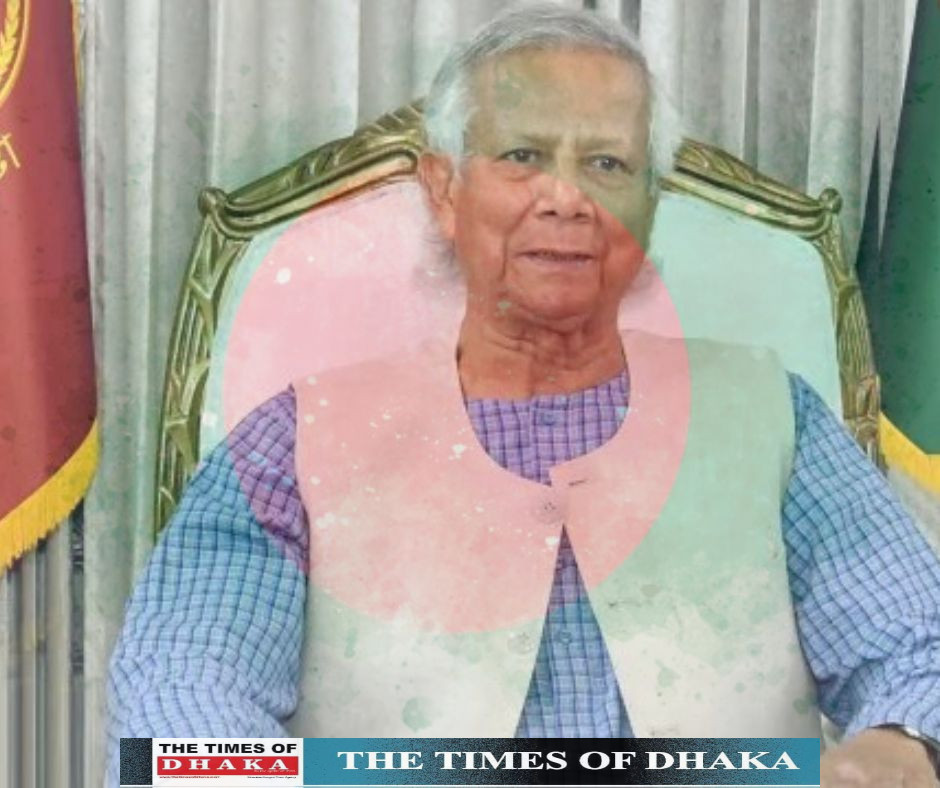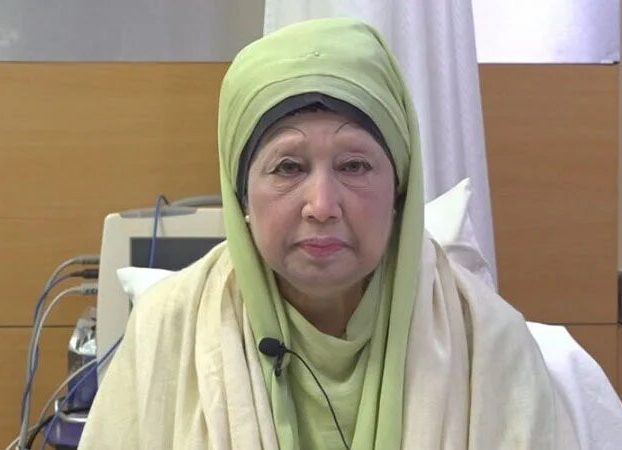
In a significant move aimed at addressing the political crisis in Bangladesh, Dr. Muhammad Yunus, the Chief Adviser of the interim government, has initiated a series of meetings with various political parties. These discussions are set to take place at his official residence, Jamuna, beginning at 3 PM and continuing until 8 PM on August 29th. This round of consultations follows the government’s recent assumption of power and marks an effort to foster dialogue and seek solutions to the pressing issues facing the nation.
The Context of the Political Crisis
The background to these discussions is the recent political turmoil in Bangladesh, culminating in the fall of the Awami League government led by Sheikh Hasina. On August 5th, a mass uprising led by students and the general populace forced the government to step down. The widespread discontent was fueled by a series of grievances, including allegations of corruption, human rights abuses, and electoral malpractice, which had eroded public trust in the government. The movement gained momentum quickly, culminating in a decisive day of protests that ultimately led to the government’s collapse.
Following the resignation of Sheikh Hasina and her government, an interim administration was formed on August 8th. This government, led by Dr. Muhammad Yunus, a Nobel laureate and respected figure in Bangladesh, was tasked with stabilizing the country and steering it towards fresh elections. The formation of this interim government was met with a mix of relief and skepticism, with many questioning how it would navigate the complex political landscape.
Objectives of the Meetings
The primary objective of these meetings is to engage with political parties across the spectrum to discuss the nation’s current situation, potential reforms, and the roadmap to the next general election. The interim government has emphasized the importance of inclusive dialogue to ensure that the upcoming elections are free, fair, and credible.
However, it is notable that the Awami League, along with its allied parties, has chosen not to participate in these discussions. This absence reflects the deep polarization that continues to characterize Bangladesh’s political environment. The Awami League, having been ousted from power, remains isolated from the current political process, further complicating efforts to reach a broad consensus.
The Meeting with the BNP
One of the key meetings held as part of this dialogue series was between Dr. Yunus and leaders of the Bangladesh Nationalist Party (BNP), including its Secretary General, Mirza Fakhrul Islam Alamgir. This meeting, which lasted for over an hour, covered various topics, including the political climate, upcoming elections, and potential reforms. After the meeting, Mirza Fakhrul described the discussions as “extremely fruitful,” indicating a positive outcome from the engagement.
However, when pressed on whether a potential election date was discussed, Mirza Fakhrul clarified that no specific date was mentioned. He emphasized that setting an election date would be the responsibility of the interim government, signaling that the BNP is leaving the timing of the elections in the hands of Dr. Yunus and his administration.
Exclusion of the Awami League
The exclusion of the Awami League from these consultations is a significant development. Since the fall of the Awami League government, the party and its allies have been largely sidelined in the political process. This isolation reflects the widespread anger and distrust towards the party, which many blame for the country’s recent troubles.
The decision not to include the Awami League in these discussions has raised concerns about the inclusivity of the interim government’s approach. Some analysts argue that without the participation of all major political parties, any agreements or reforms emerging from these consultations may lack legitimacy and could face challenges in implementation.
The Role of Dr. Muhammad Yunus
Dr. Muhammad Yunus, who has long been a respected figure in Bangladesh due to his contributions to social and economic development, now finds himself at the center of a political storm. His role as the Chief Adviser of the interim government is crucial, as he is tasked with not only stabilizing the country but also ensuring that the next elections are conducted in a manner that restores public confidence in the democratic process.
Dr. Yunus’s approach to these consultations reflects his commitment to dialogue and consensus-building. By engaging with a wide range of political parties, he is seeking to create a broad-based agreement on the way forward for Bangladesh. However, the exclusion of the Awami League poses a significant challenge to this approach, as it risks alienating a substantial portion of the electorate.
The Broader Political Landscape
The current political landscape in Bangladesh is marked by deep divisions and uncertainty. The fall of the Awami League government has created a power vacuum, and there is significant concern about how the interim government will manage the transition to a new administration. The absence of the Awami League from the political process, combined with the challenges of organizing credible elections, has created a volatile situation.
Moreover, the interim government faces the task of addressing the grievances that led to the mass protests in the first place. This includes tackling issues such as corruption, human rights abuses, and electoral reform. The success of the interim government will depend on its ability to address these issues while maintaining stability and preparing the country for elections.
Potential Outcomes
The outcome of these consultations remains uncertain. On the one hand, if Dr. Yunus can secure broad-based support for the interim government’s plans, including electoral reforms and a credible election process, it could pave the way for a peaceful transition to a new government. On the other hand, if the exclusion of the Awami League leads to further polarization, it could complicate efforts to stabilize the country and delay the electoral process.
In the coming days, the focus will be on how the interim government navigates these challenges and whether it can build the necessary consensus to move the country forward. The meetings with political parties are a critical step in this process, but much will depend on the willingness of all parties to engage constructively and the ability of Dr. Yunus to mediate between the various factions.
As Bangladesh stands at a critical juncture, the efforts of Dr. Muhammad Yunus and the interim government to engage with political parties and seek a way forward are crucial. The success of these efforts will determine whether the country can emerge from this period of crisis with a renewed commitment to democracy and stability. However, the challenges are significant, and the path ahead is fraught with uncertainty. The next steps taken by the interim government will be closely watched, both within Bangladesh and by the international community, as the country seeks to chart a course towards a more stable and democratic future.

 Reporter Name
Reporter Name 


















